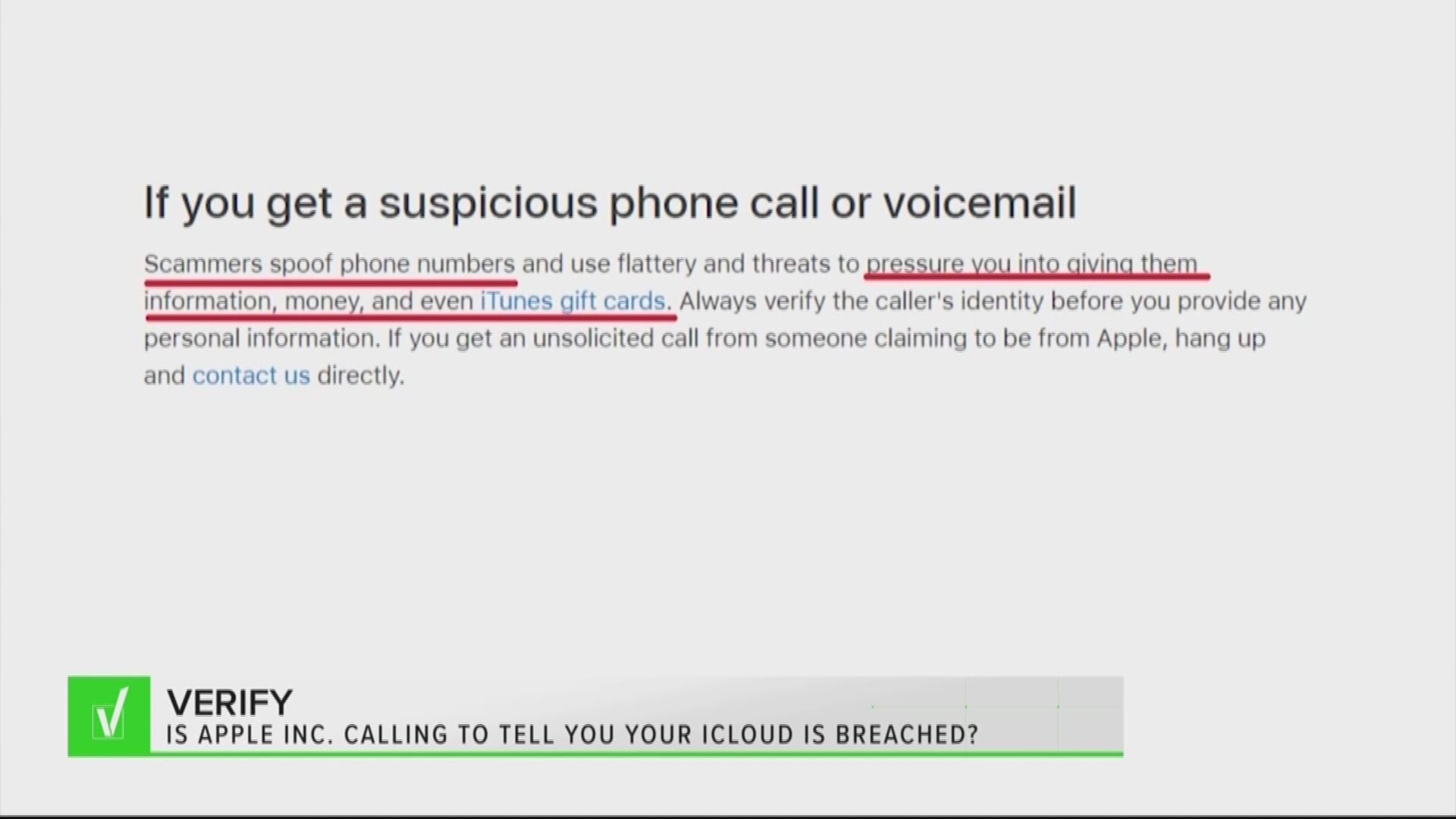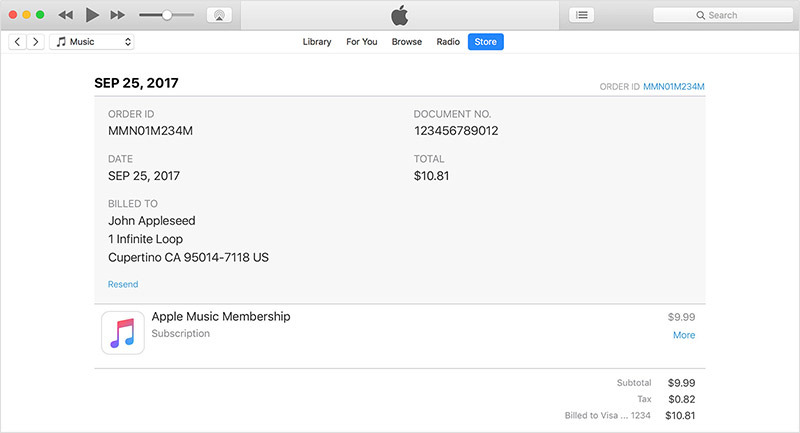

The sender’s email address or phone number doesn’t match the name of the company it claims to be from.Scammers try to copy email and text messages from legitimate companies to trick you into giving them your personal information and passwords. If you believe that your Apple ID has been compromised, or that you may have entered your password or other personal info on a scam website, change your Apple ID password immediately. If you have any doubts about a request or communication, or even if you just need to update your information with a company, contact that company directly.Don't follow links or open or save attachments in suspicious or unsolicited messages.In general, never share personal information such as credit card numbers, unless you can verify that the recipient is who they claim to be.
#PHISHING APP FOR MAC HOW TO#
Find out how to keep your Apple devices and data secure.If you send or receive money with Apple Pay (US only), treat it like any other private transaction.Never use App Store, iTunes and Apple Store Gift Cards to make other kinds of payments.

Find out how to identify legitimate Apple emails about your App Store or iTunes Store purchases.Apple never asks for this information to provide support. Use two-factor authentication, always keep your contact information secure and up to date, and never share your Apple ID password or verification codes with anyone.

Here are some things you can do to avoid them. While browsing the web, if you see a message that your iPhone, Mac or other Apple device has a virus, or someone claiming to be from Apple calls and asks for your account name and password, you’re probably the target of a scam.


 0 kommentar(er)
0 kommentar(er)
